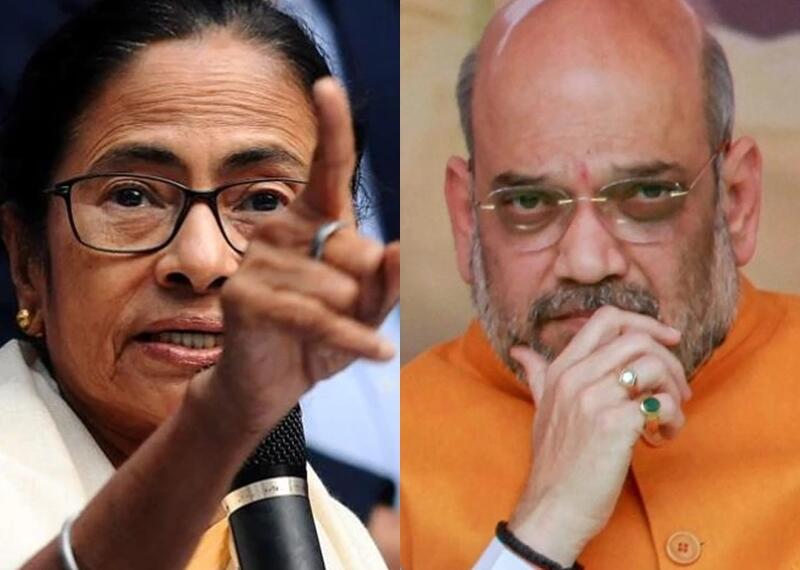After every election in Bengal, goons of the Trinamool Congress (TMC) attack supporters and workers of the Bharatiya Janata Party (BJP) with incidents ranging from assault, rape, murder, to forced evictions from their homes. Families of the deceased quietly mourn, the injured are treated, and displaced people return home. This cycle repeats after every election.
Historical context of violence:
From a justice perspective, this alarming practice has continued since the Left Front era. At that time, Congress and TMC faced the atrocities of leftist extremists. When Mamata Banerjee took power in Bengal in 2011, she promised ‘change,’ but instead it escalated. However, TMC has left the leftist front behind in cases of violence against opposition workers, especially BJP.
Brutality of TMC:
The national ‘liberal’ media often conveniently ignores the brutality of TMC, which might not surprise anyone outside Bengal. What surprises many is the BJP leadership’s failure to protect its workers and supporters from TMC’s wrath, and more significantly, the Mamata Banerjee government’s ineffectiveness in addressing crimes committed by opposition workers.
BJP leadership’s inaction:
Most BJP leaders in Bengal have failed to stand with their helpless workers in rural and semi-urban areas and urban slums. Most BJP leaders and officials have restricted themselves to condemning TMC’s atrocities on social media. Apart from a few cases, the party has failed to assist its workers and supporters in rebuilding their properties and homes after being damaged.
Legal recourse:
The central BJP leadership, while issuing statements condemning political violence in Bengal, has emphasized countering TMC’s brutality “legally” by demanding court interventions and lodging complaints with institutions like the National Human Rights Commission (NHRC). However, legal routes are long and expensive, with uncertain outcomes, and institutions like NHRC are incapable of acting against state governments.
Weak response:
The best example of the weak position of BJP’s central leadership is the statement of party president JP Nadda, who, after meeting the family members of slain BJP worker Abhijit Sarkar in May 2021, told journalists that “there is blood on Mamata Banerjee’s hands.” Yet, when asked if the central government would take action against the state government, he said BJP would counter TMC “constitutionally.” This response was considered inadequate in the face of atrocities committed against BJP workers and supporters by TMC.
Despair among workers:
Dulal Das, a BJP worker from Diamond Harbour who had to flee his home due to attacks by TMC goons, expressed his despair. He said, “I am disappointed with the inaction of our party leadership.” A senior BJP official mentioned, “Our cadres and supporters’ morale has been completely shattered due to not adopting a tough stance against Mamata Banerjee and her government.”
Criticism of leadership:
Former BJP state president and ex-governor of Tripura and Meghalaya, Tathagata Roy, also predicted this situation. He wrote in a post on social media, “Dear BJP Central Leadership! BJP workers in West Bengal are so disappointed that BJP will not survive here in 10 years. Bengal will become a Muslim majority state in 20 years.”
Amit Shah’s inaction:
Bengal BJP leaders say Home Minister Amit Shah can directly talk to Mamata Banerjee and warn her that attacks on BJP workers and supporters in Bengal will not be tolerated, or else they will have to face severe retaliation. This may include applying Article 355, which could mean direct control over the state’s law and order machinery. However, if such a warning is issued with full seriousness, it will have an immediate impact.
Conclusion:
Just issuing condemnations and displaying helplessness (by BJP central leadership) will push BJP into crisis in Bengal and pave the way for a disastrous performance in the 2026 assembly elections. If immediate and strict action is not taken, BJP leaders and supporters warn that Bengal could completely extinguish BJP.
.
ALSO READ: Arundhati Roy Will Face a Case Under UAPA For Making Separatist Statements
